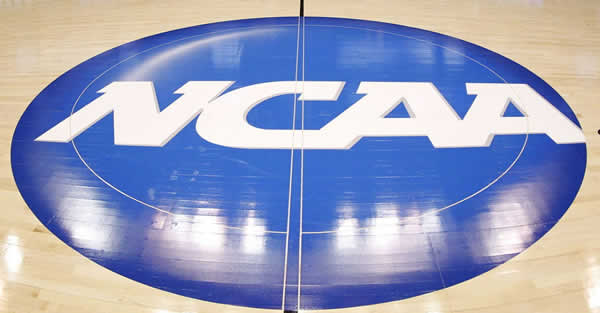The NCAA’s involvement in the PASPA case has been muted compared to other sports leagues. It is known that the collegiate authority is against the prospect of legalized sports betting, and they have proven how far they’ll go to support their agenda, but there needs to be clarification. If the NCAA can take a firm stance on the matter, states will get a better idea of how their sports gambling frameworks will operate. This includes both brick-and-mortar and US friendly online gambling options.
Sports betting is technically allowed in Oregon. The state is one of 4 exempt from PASPA’s enforcement. However, their betting options are limited. They used to offer more selections until the NCAA threatened to stop hosting events in the state as long as there were betting. Seeing as how much revenue NCAA events bring, Oregon’s decision to suspend its sports gambling options was an easy one to make—at least at the time.
The tide is changing with sports betting. It seems more plausible that sports gambling will be legalized, meaning that the NCAA will have to come to a decision on what they will do if it happens. Will they threaten to suspend all athletic activities? Do they have any authority when it comes to betting lines being hosted on their games? The league has remained silent throughout the litigation, but some universities have spoken out.
The University of Connecticut, which boasts the best women’s basketball team in the nation, would be a hot commodity in the betting landscape. Neal Eskin, a senior athletic director, gave testimony on how he things legalized wagering could affect the sport. Eskin sees legalized betting as additional pressure that could influence the game. He specifically meant with the integrity of the sport as well as the health of the student athletes themselves. Eskin also spoke on how he believes the NCAA could suspend any type of championship or tournament activities in the state if sports betting is allowed. CT is one of the states prepared for PASPA’s repeal, so this could be a major issue going forward.
Eskin’s testimony concluded with him stating the NCAA may need to “re-asses” their positon on legal sports gambling, however he gave no indication as to what that could look like. The NCAA is like a dictator and all of its schools are the countries it has authority over. It would be hard for any school to come out in direct support of legalized betting.
It seems interesting that the NCAA is so against legal sports betting, especially if they have a chance of making money off the profits. It is not like they are giving any money back to athletes, so what do they have to lose? Perhaps betting will give athletes the chance to finally earn money, but this could lead to tampering and other foul play. The NCAA should step up and draft regulatory policies regarding betting to get control of the situation before it is too late.

